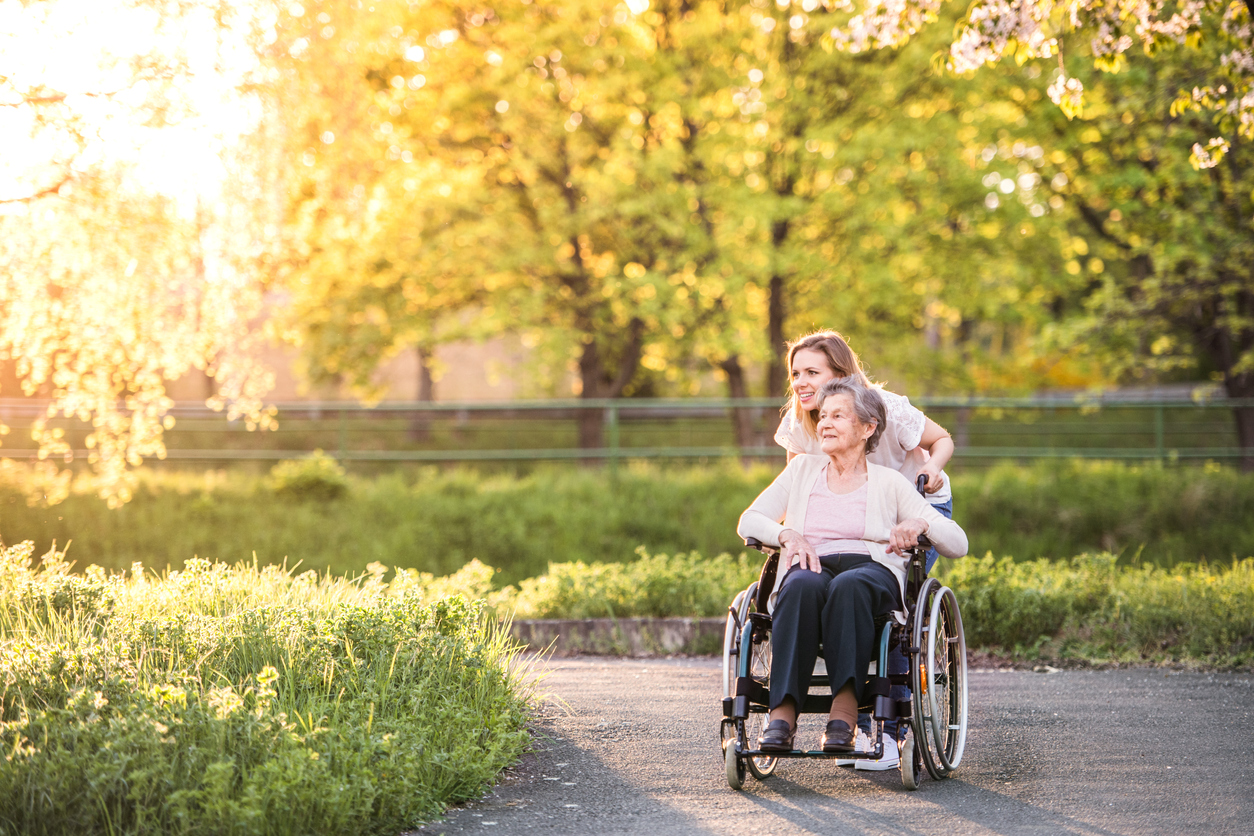News

Every move counts towards better health – says WHO
Up to 5 million deaths a year could be averted if the global population was more active. At a time when many people are home bound due to COVID-19, new WHO Guidelines on physical activity and sedentary behaviour, launched today, emphasize that everyone, of all ages and abilities, can be physically active and that every type of movement counts.

Study of “exceptional responders” yields clues to cancer and potential treatments
In a comprehensive analysis of patients with cancer who had exceptional responses to therapy, researchers have identified molecular changes in the patients’ tumors that may explain some of the exceptional responses. The results demonstrate that genomic characterizations of cancer can uncover genetic alterations that may contribute to unexpected and long-lasting responses to treatment, according to the researchers.

A regular dose of nature may improve mental health during the COVID-19 pandemic
A study published in Ecological Applications suggests that nature around one's home may help mitigate some of the negative mental health effects of the COVID-19 pandemic.

Dietary Supplements and Cognitive Function, Dementia, and Alzheimer’s Disease
Concerns about forgetfulness and whether it is the first sign of Alzheimer’s disease are common, particularly among older patients. Your patients may also ask questions about use of dietary supplements, which are often marketed with claims that they enhance memory or improve brain function and health.

New Insights Into the Molecules and Neurons Responsible for Sense of Touch
Combining two techniques—single cell RNA-sequencing and in vivo functional imaging—has led to new insights into the underlying basis for the complex sense of touch. This research from the National Center for Complementary and Integrative Health and the National Institute of Dental and Craniofacial Research was recently published in Neuron.

CNHC exhibit at The Integrative Health Convention
On Saturday 5 and Sunday 6 October CNHC exhibited at the Integrative Health Convention which took place in London at the Park Plaza Hotel. Dr Michael Dixon opened the event and discussed many ways that integrated healthcare can benefit patients through programmes such as social prescribing or personal health budgets. He explained that an approach to integrative healthcare provides more personalised care, addresses inequalities and increases social capital and the potential for a health creating community.

Renewable energy defies Covid-19 to hit record growth in 2020
Global renewable electricity installation will hit a record level in 2020, according to the International Energy Agency, in sharp contrast with the declines caused by the coronavirus pandemic in the fossil fuel sectors.

Social distancing is increasing loneliness in older adults
Social distancing introduced in response to COVID-19 is increasing feelings of loneliness in Scotland's older population and impacting their wellbeing, according to a new University of Stirling study.

UK health professions call for climate tax on meat
Food with heavy environmental impact should be taxed by 2025 unless food industry acts voluntarily, says alliance. A powerful coalition of the UK’s health professions has called for a climate tax to be imposed on food with a heavy environmental impact by 2025, unless the industry takes voluntary action on the impact of their products.

Systems Change and Fashion
This series offers a thought provoking discussion on the connected solutions to the environmental and social issues with the fashion industry, which has many of you calling for a framework to make systems change happen in this sector.

Beets: Evidence-Based Health Benefits
Beets have always been and remain one of the world's most underutilized 'super foods' with a number of powerful, evidence-based health benefits.

Sunshine vitamin covid protection that governments need to back
Vitamin D is emerging as probably the lowest cost, modifiable risk factor for severe covid-19 disease. Governments are increasingly recommending it but most are limiting levels to those based on protecting bone and muscles, not those required for immune protection.